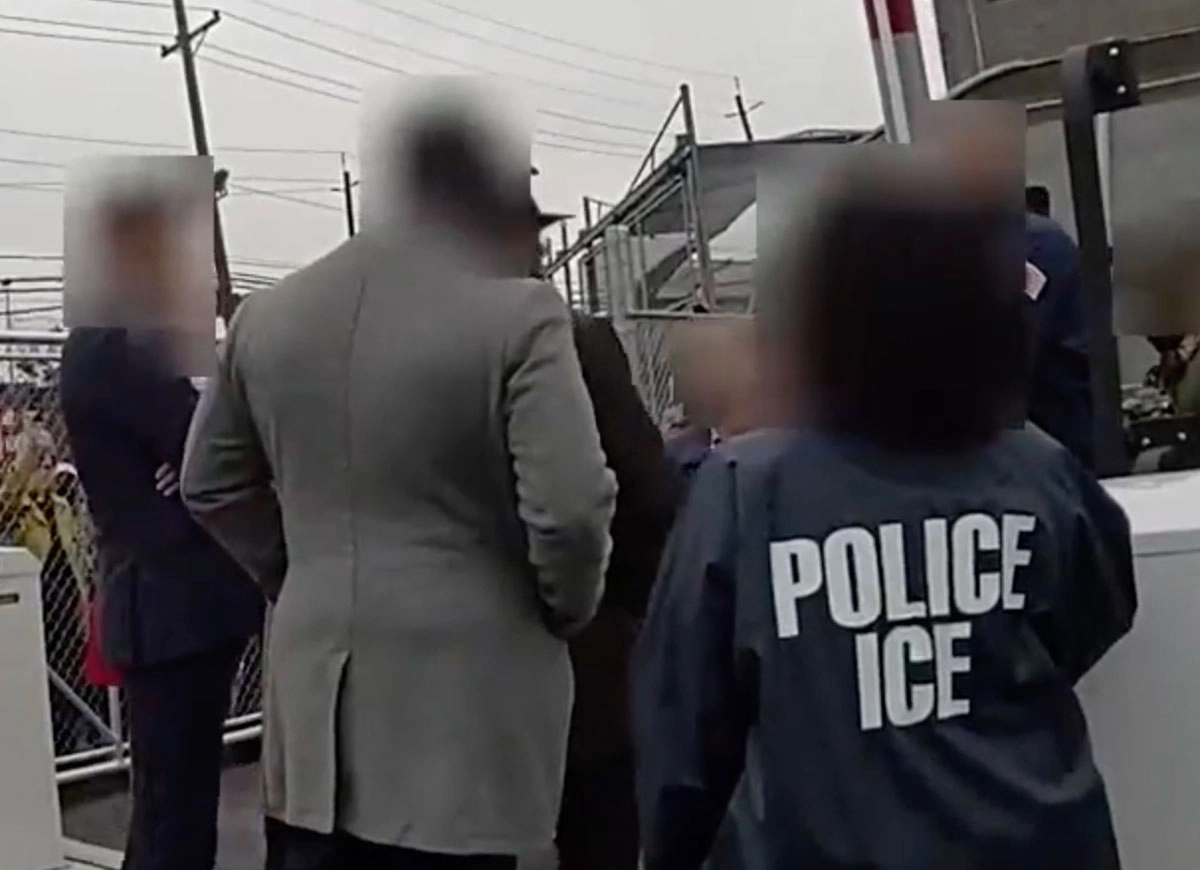Breaking Bad: The Evolution Of A Kingpin
The question Breaking Bad has been posing since it began in 2008 is simple: How far will some people go if they have nothing left to lose? When we were first introduced to Walter White, he entered a life of crime out of what he believed to be necessity. He was diagnosed with terminal cancer and saw meth production as a way to provide for his family in lieu of his eventual absence, as well as paying for his costly treatment. Out of this impulse Breaking Bad follows Walt as he goes from breaking to broken, and as the series is approaching its fifth and final season we can be sure that come the fever-pitch climax, all those choices will come crashing down on Walt’s clean-shaven head.
If you remember back to the first season, Walt is debating whether or not to kill the drug dealer he and Jesse are holding prisoner in the basement. To help himself decide, he makes a list of pros and cons. On one side of the list he writes, “Murder is wrong” and “Judeo-Christian principles.” On the other side of the list, “He’ll kill your entire family.” This is the type of dilemma that has run throughout the acclaimed AMC series, a kill or be killed mentality, and it’s one aspect that has dictated from the very get-go Walt’s rocky career as a meth cook. It seems that he and Jesse have always been teetering on the brink, butting heads with one drug lord or the other, and yet each season we find the duo on the kill side of the equation, figuring their next move. But this season the show has taken this approach to new and deliriously terrifying extremes.
At the end of season two, Walt’s cancer falls into remission, questions about his health appear to be resolved, and the money he makes cooking meth becomes less of a safety net and more a lucrative enterprise. After Skylar gets hip to what Walt is up to and turns Lady Macbeth on us, the show seems to take a wild dive into a much more immoral, or rather a moral-less to begin with world. And when we find Walt in the middle of the fourth season saying, “I am the one who knocks,” we know that some gruesome transformation has occurred. Walt is in full-on Heisenberg-mode, his mild-manner, if a bit anxious, and well-meaning demeanor, spiraling out of control. His metamorphosis into a ruthless and paranoid criminal is nearly complete.
Even from the very beginning when Walt chokes Krazy 8 to death, when, in the third season, he goes against Gus’s orders and runs down a pair of drug dealers to save Jesse’s life, and when he later pressures Jesse into killing Gale, these are all deliberate steps towards the monster Walt has become by the finale of season four. It should come as no surprise how the finale turned out. The show has taught us, and Walt as well, that some actions are inevitable. That drastic means must often be taken for survival. Sure, Gus’s death was predictable, but, truthfully, it was either Gus or Walt. There’s certainly no way of getting around this. But the ingenuity and risk (not to mention the kick-ass, half-face makeup job courtesy of The Walking Dead crew) of the scenario deserve consideration. We shouldn’t ignore the fact that Walt choses a nursing home as the setting for the assassination. It proves that although the options left to Walt are clear-cut the frightening depths he is willing to go to realize his goals are unfathomable.
In his drive to come out on top of his enemies there is a complete lack of humanity or decency, a gaping void with no place for ethics and morals. Blowing up a nursing home is evidence of Walt’s disregard for innocent life, especially if it means saving his own. When Walt believes, rightly so, that Gus’s thugs are at his house lying in wait, he asks his unsuspecting neighbor to go over and “see if the burner on,” knowing full well her life is imperiled. Near the end of season four’s penultimate episode, any empathy we have for Walt is quickly dissolving. Although we watch him desperately pleading Jesse for help, his busted face looking miserable and sad-clown-like, we still feel some pity and can sympathize, if only slightly, with his predicament. But the finale erases any sense of emotional connection with Walt we may have. His desperation has turned dangerous. He has finally transformed into the “one who knocks” and not the one who gets knocked around. In fact, we might say that Walt no longer exists. There is only Heisenberg.
From here on out, there’s no way of telling which direction Walt will go. He is as volatile as the chemicals he deals with and just as deadly. But one thing is for sure, the death of Gus, along with the annihilation of the cartels, leaves the meth kingdom that Walt helped to build wide open for the taking. While its unclear whether or not he will step into that vacuum and graduate from cook to overlord, it’s safe to say Walt isn’t going to quit the business entirely. The chilling parallel that’s been drawn between Gus and Walt is no mistake. The difference is that Walt has managed to see his plans through to the end. Gus threatens Walt’s family – “I will kill your infant son” – while Walt opts out of threats and goes straight to action. He poisons Jesse’s girlfriend’s child and blames it on Gus because it serves his own purposes.
It may be that Walt has fulfilled some distinction in character that Gus could never, that Walt is Gus’ protégé who, in brutal warrior fashion, outwits his teacher and becomes the master. It may be that Breaking Bad is meant to chronicle a series of cause and effect choices and repercussions But the truth is that character driven dramas are often a means to an end. The final season of Breaking Bad will find Walt and Jesse jobless and safe for now. Hank, Walt’s DEA brother-in-law, is closing in on the defunct Los Pollos Hermanos operation. And while Hank has always represented a relatively easy out for Walt, not just a coincidental or complicating character, there is no one left to rat on; there is no leverage in sight. It seems Walt is destined to take the fall all along. He is just too far-gone, too far over on the dark side.
RELATED ARTICLES
Get the most-revealing celebrity conversations with the uInterview podcast!






Leave a comment